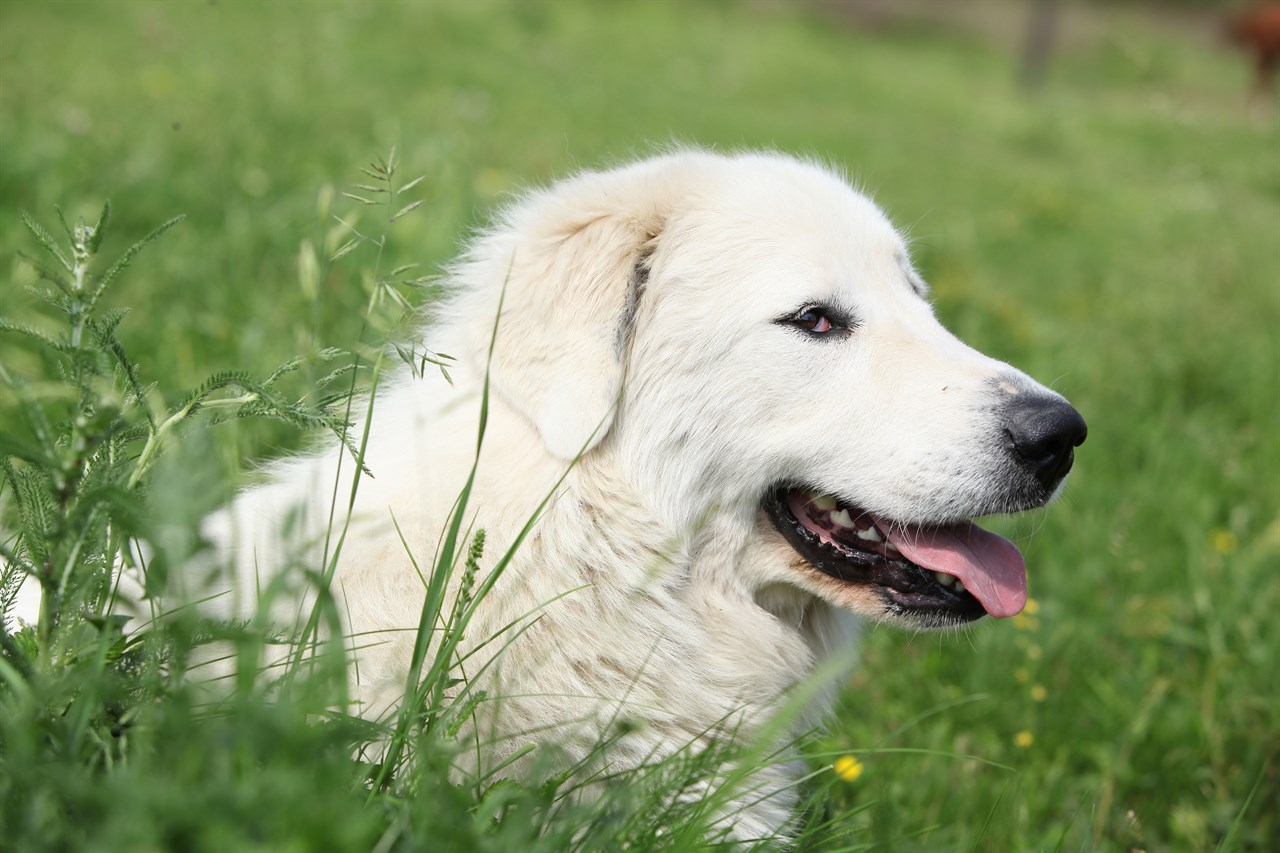Barking Habits of the Pyrenean Mountain Dog

Barking is a common form of communication for dogs, and the Pyrenean Mountain Dog, also known as the Great Pyrenees, is no exception. Understanding their barking habits and the reasons behind their vocalisations is essential for both owners and those considering this breed. Here's an overview of the barking tendencies of the Great Pyrenees, along with answers to common questions regarding their barking.
Barking Tendencies
- Alertness: Great Pyrenees are natural watchdogs, and they take their guarding responsibilities seriously. They have a keen sense of hearing and are highly alert to their surroundings. As a result, they may bark to alert their owners to potential intruders or unfamiliar noises.
- Territorial Barking: These dogs have a strong territorial instinct. They may bark when they sense any perceived threats to their territory, whether it's the home or the immediate surroundings.
- Protective Barking: Great Pyrenees are protective by nature. They may bark when they feel that their family or flock (if they are in a working environment) is in danger. This protective barking is part of their innate guarding behaviour.
- Communication: Like all dogs, Great Pyrenees use barking as a means of communication. They may bark to express their needs, such as when they are hungry, want attention, or need to go outside for a bathroom break.
Common Barking Questions
Do Great Pyrenees Bark a Lot?
Yes, Great Pyrenees are known for their propensity to bark. They are vigilant and alert dogs, and their barking can be triggered by various stimuli. While they are not necessarily constant barkers, they may bark more than some other breeds, especially if they perceive a situation as potentially threatening or if they are not properly trained and socialised.
Are Great Pyrenees Known to Bark?
Yes, Great Pyrenees are well-known for their barking habits. This breed's barking tendencies are closely tied to their protective and guardian instincts. They use barking as a way to warn of potential dangers and to assert their presence. While this behaviour is natural and important for their role as protectors, it can be managed through training and socialisation to ensure it is appropriate and not excessive.
In conclusion, Great Pyrenees are vocal dogs with a tendency to bark when they perceive a need to protect, alert, or communicate. While their barking is a part of their nature, it can be controlled and managed through proper training and socialisation. Understanding the reasons behind their barking and providing appropriate outlets for their protective instincts can help ensure that their vocalisations are purposeful and well-regulated.
Pyrenean Mountain Dog puppies for sale
- Find Pyrenean Mountain Dog puppies for sale in ACT
- Find Pyrenean Mountain Dog puppies for sale in NSW
- Find Pyrenean Mountain Dog puppies for sale in NT
- Find Pyrenean Mountain Dog puppies for sale in QLD
- Find Pyrenean Mountain Dog puppies for sale in SA
- Find Pyrenean Mountain Dog puppies for sale in TAS
- Find Pyrenean Mountain Dog puppies for sale in VIC
- Find Pyrenean Mountain Dog puppies for sale in WA